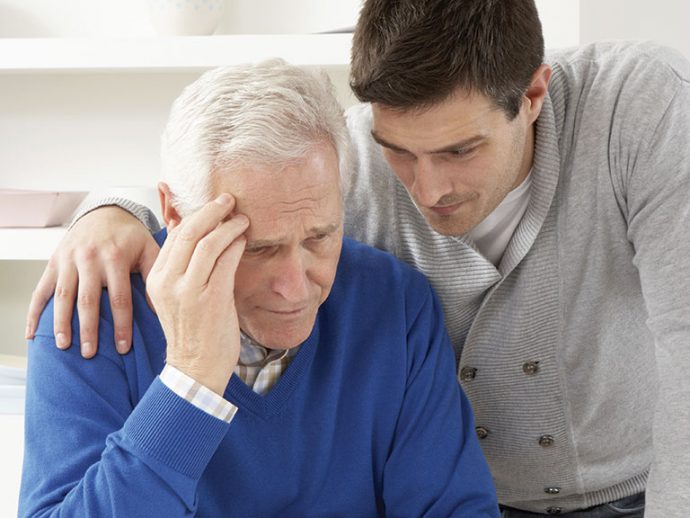Dementia affects nearly 10 million people with new cases each year. This disorder is devastating to those it impacts and their loved ones. Noticing dementia in its early stages helps postpone a steep decline in cognition and physical activity.
If you’ve noticed a loved one with symptoms of dementia, take a look at our guide about this deteriorating disease.

What Is Dementia?
Dementia is a disorder that involves a decline in cognition and affects memory, behavior, and physical performance. Dementia is typically a result of other afflictions, like Alzheimer’s disease or stroke.
In most cases, dementia correlates with old age, but it sometimes impacts those under the age of 65.
In its early stages, the cognition deterioration is minor. However, as the disease progresses, cognition levels decline significantly, and the person who is afflicted needs round-the-clock medical care.
What Are the Signs of Dementia?
Dementia shows itself in several defining symptoms. If you have any friends or family showing these symptoms, it’s vital to ensure they receive medical attention.
Early-Stage Signs
An early sign of dementia is forgetfulness. Someone experiencing the early stages might get lost easily or forget how to perform simple tasks.
This minor forgetfulness gradually gets worse with time. Another early sign might include minor behavior and personality changes.
Late-Stage Signs
Later signs of dementia involve significant memory loss. Those with late-stage dementia may not know where they are or who they’re speaking with. These patients may also have trouble performing simple physical activities, like walking or eating.
These stages also tend to show more personality changes, such as increased aggression. Anyone who is in this stage needs immediate and significant medical care.
How To Care for Someone With Dementia
If your loved one has been diagnosed with dementia, you have some options when it comes to caring for them. Depending on the severity of your loved one’s dementia, it’s vital to compare your options.
Caring for Someone on Your Own
If you decide to care for your loved one on your own, be sure to get professional medical advice regarding daily caretaking. Dementia takes on many forms, so your loved one may need special care depending on their symptoms.
Beyond making sure they take their prescribed medications, make sure they receive daily physical and cognition exercises. You may need to consider accessibility improvements, such as wheelchair ramps.
Hiring a Caregiver
The safest option for loved ones with severe dementia is hiring a caregiver. Caregivers are expertly trained at providing care for those with dementia.
These caregivers either perform their duties within the patient’s home or in continuing care communities. Each type of care ensures the patient receives medical attention, physical and cognition exercises, and hygiene care.
Caring for Someone With Dementia Takes Patience
As soon as you spot the signs of dementia in a loved one, it’s important to start the process of caring for them. Caring for someone with dementia takes plenty of patience, but your patience is vital for their livelihood. Thankfully, you have resources and caregiving options available to you.
If you’re looking for more guides and posts related to health, take a look at the rest of our blog. We also write about business, education, and more.

